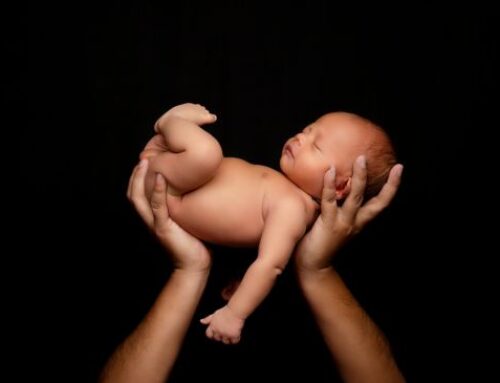The contemporary disability rights movement shows a remarkable lack of coherence on life and family issues. Historically, people with disabilities (PWD) have been disproportionately vulnerable to physical abuse and sexual exploitation. They are also at risk from eugenics – through forced sterilization, genetic engineering, selective abortion and targeting for assisted suicide and euthanasia. For that reason, some disability rights groups participate in the defence of life at its natural end. Nevertheless, these same groups regularly extend their push for autonomy and inclusivity to extremes. Disability advocacy groups can be seen taking self-injurious positions, including: neutrality or support toward abortion; support for “gay rights” and same-sex “marriage;” and advocacy for a “right” to sexual services, as the recent United Nations conference on the disabled demonstrated.
A rift within the disability rights movement became apparent with the 1993 assisted suicide case of Sue Rodriguez. Anne Malloy wrote in Abilities magazine, “On the one hand, disability advocates recognized immediately that at the heart of the case was the right to self-determination and the dignity of choice – principles which are the very foundation of equality rights for persons with disabilities. On the other hand, it was impossible to ignore the real vulnerabilities of persons with disabilities and the danger for these people if assisted suicide were legalized without safeguards to protect against abuses.”
With some “ethicists” and right-to-die groups suggesting that there is an obligation for the disabled to kill or be killed, it has behooved disability rights activists to demand equal protection under the law and access to services. Unfortunately, these commendable principles have sometimes been distorted to the point that PWDs are at risk from new, ideological sources of harm.
One example of the growing affiliation of disability rights with anti-life, anti-family causes is the DisAbled Women’s Network Canada (DAWN Canada). As a “feminist organization,” DAWN Canada’s mission statement includes the goal of “address(ing) issues such as poverty, employment equity, violence, mothering, sexuality, health, isolation, access to services and New Reproductive Technologies (NRTs).”
At the provincial affiliate level, DAWN Ontario embraces “the Feminist Principle of Choice.” According to the group’s website, “The principle of choice means that we respect, support and advocate for women’s individual and collective right to make our own decisions about our bodies, our families, our jobs and our lives. The right to choose is integral to the feminist pursuit of social, legal, political, economic and cultural equality for women.” One website page is offered on “Women with DisAbilities and Reproductive Rights.” Another page is devoted to the “(un)REAL Women of Canada WATCH,” to monitor social conservative activities and defend Status of Women Canada from de-funding efforts.
An increasing number of HIV-positive individuals now self-identify as disabled. HIV/AIDS advocates – and with them, self-identified gays – have become a growing influence within the disability rights movement. Disabled Peoples’ International, based in Winnipeg, last year posted an article online by Myroslava Tataryn entitled, “Bridging the gap: a call for co-operation between HIV/AIDS activists and the global disability movement.” Included there is the paradigm-shifting concept that “disabled people are disabled not by their physical situation, but by societal attitudes and the manifestation of those attitudes towards them.”
Tataryn wrote, “Despite the very real risks facing a potential alliance between PWA (People With AIDS) and PWD, I believe that such an alliance is crucial if the underlying stigma associated with AIDS is ever to be truly decreased on a global scale. In addition to confronting homophobia, heterosexism, racism and xenophobia, ableism must also be addressed. These issues must be addressed because we cannot have heterosexism without ableism, sexism, racism and capitalism and each of these factors are interchangeable and substitutable: ‘the systems of oppression that regulate our lives sustain one another.’” Thus is created a justification for joining the disability rights movement with deconstructionism and the culture of death.
Not all members of the disability rights movement have allied themselves with destructive causes. Pro-life disability groups include Human Life Matters as well as Joni and Friends, both of which assist churches in ministry to and with people with disabilities; and the Terri Schindler-Schiavo Foundation. Pro-life groups can certainly work with other disability rights groups on an issue-by-issue basis when the latter do not yet support the full pro-life, pro-family agenda.




